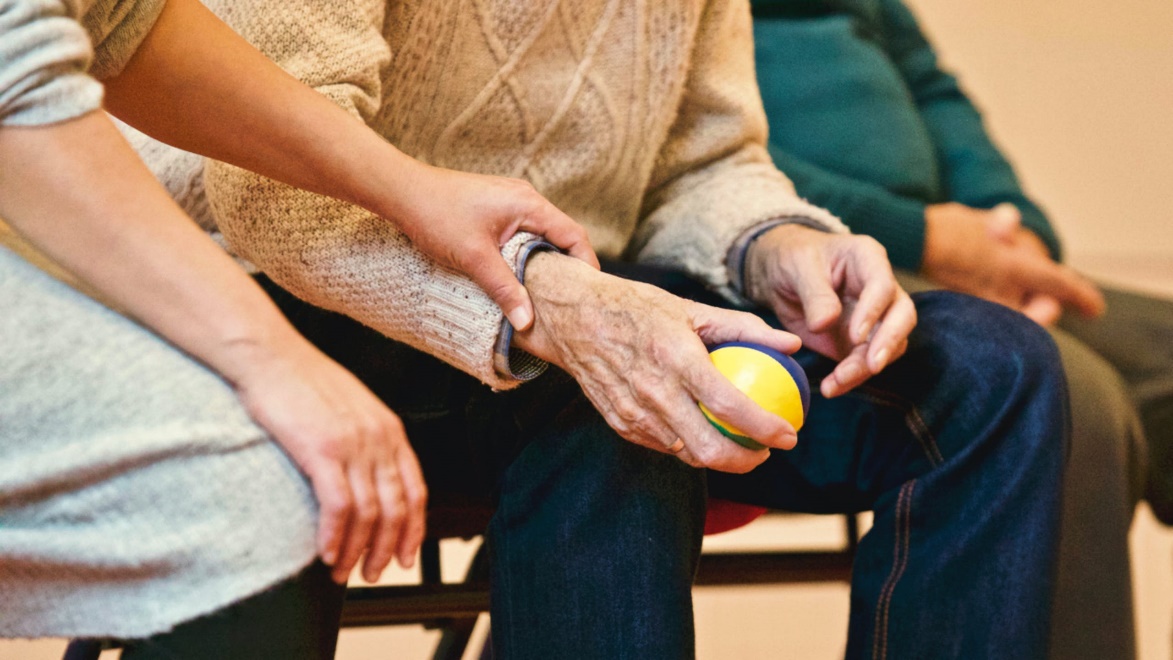Gout Attack Survival Guide: Defeating the Painful Enemy Within
Gout, often referred to as the "disease of kings," is a form of arthritis that can bring excruciating pain and discomfort. Caused by the accumulation of uric acid crystals in the joints, gout attacks can strike suddenly and leave you feeling helpless. To help you combat this painful enemy within, we've prepared a comprehensive Gout Attack Survival Guide.

Understanding Gout
Before diving into our survival guide, it's crucial to understand gout. Gout occurs when the body's uric acid levels become elevated. Uric acid is a natural waste product produced during the breakdown of purines, which are compounds found in certain foods and also produced by the body. When uric acid levels get too high, it can form sharp crystals that accumulate in the joints, leading to inflammation, redness, and severe pain.
Hydration Is Key
Dehydration is a common trigger for gout attacks. Drinking plenty of water helps dilute uric acid and promotes its excretion through urine. Aim to drink at least 8-10 glasses of water daily to keep uric acid levels in check and reduce the risk of gout attacks.
Dietary Changes
One of the most effective ways to manage gout is by making dietary changes. Limit your intake of high-purine foods like red meat and seafood. Instead, opt for low-purine options such as fruits, vegetables, whole grains, and lean proteins. Cherries and cherry juice are known for their gout-fighting properties, so consider incorporating them into your diet.
Medication Management
If you're prone to gout attacks, your doctor may prescribe medication to lower uric acid levels. Medications like allopurinol or probenecid can be effective in preventing gout attacks. However, it's essential to follow your doctor's recommendations and take the prescribed medications regularly to keep uric acid levels under control.
Lifestyle Modifications
Maintaining a healthy lifestyle is crucial in managing gout. Regular exercise can help control weight and reduce the risk of gout attacks. However, avoid high-impact activities during an active gout attack, as they can worsen the pain. Smoking and excessive alcohol consumption should also be avoided, as they can exacerbate gout symptoms.

Pain Management
When a gout attack strikes, the pain can be unbearable. Over-the-counter nonsteroidal anti-inflammatory drugs (NSAIDs) like ibuprofen can help reduce pain and inflammation. Resting the affected joint and applying ice can also provide relief. If the pain is severe or persists, consult your healthcare provider for stronger pain management options.
Preventative Measures
Gout attacks can often be prevented by making consistent lifestyle changes and following a prescribed medication regimen. Regular check-ups with your virtual doctor consultation can help monitor uric acid levels and make necessary adjustments to your treatment plan. Now, you can online chat with doctor via TelMDCare! Tap here to book an online consultation.